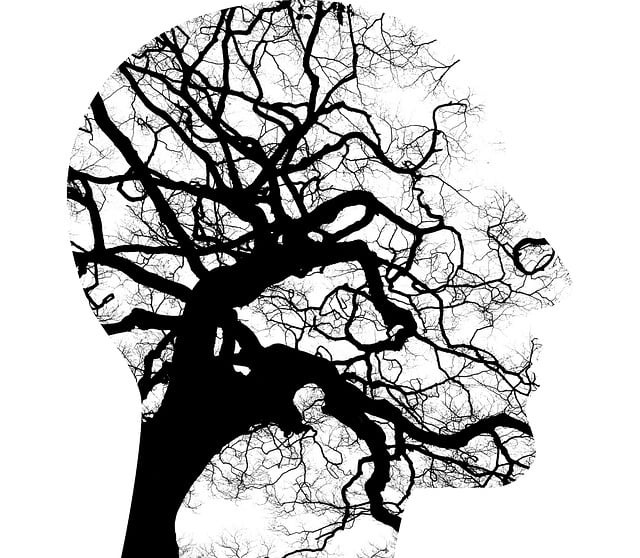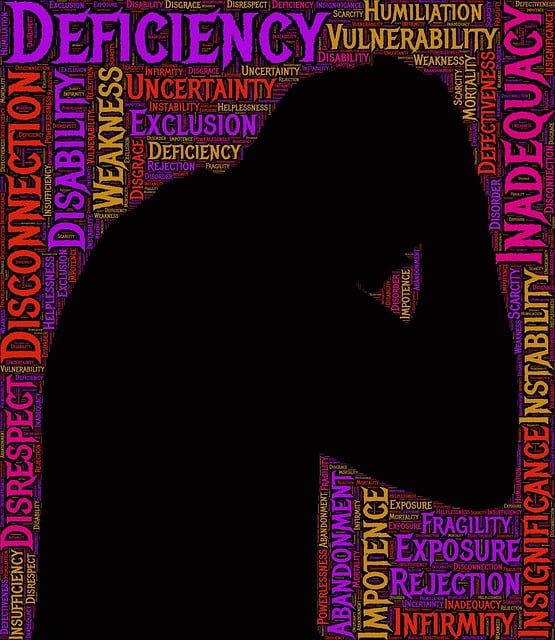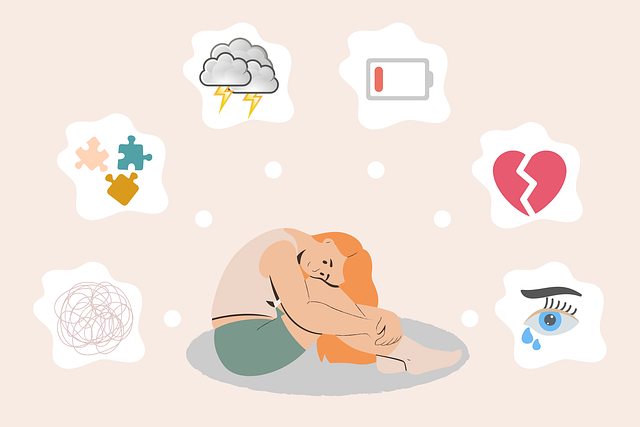Stress management is critical for the mental health and well-being of first responders, who regularly face high-pressure, traumatic situations. Specialized therapy sessions, including cognitive-behavioural therapy (CBT) and mindfulness practices, equip these professionals with tools to process trauma and develop healthy coping mechanisms. Additionally, workshops and journaling exercises enhance self-care and peer support. Building resilience through therapy and daily stress reduction techniques is essential for first responders to maintain mental fortitude and prevent burnout in their demanding roles.
In today’s demanding world, stress management is paramount, especially for first responders who frequently face high-pressure situations. This article delves into the critical topic of teaching effective stress management techniques tailored for adult first responders. We explore the profound impact of stress on their well-being and delve into evidence-based therapy approaches to mitigate its effects. Furthermore, we present practical tools and building resilience strategies to foster long-term mental health for these essential professionals, emphasizing the value of Therapy for Adults First Responders.
- Understanding Stress and Its Impact on First Responders
- The Role of Therapy in Managing Stress for Adult First Responders
- Effective Stress Management Techniques and Tools
- Building Resilience and Coping Strategies for Long-Term Well-being
Understanding Stress and Its Impact on First Responders

Stress is a ubiquitous aspect of life, but its impact can be especially profound for first responders—police officers, firefighters, and paramedics—who confront high-pressure situations on a regular basis. These professionals often face traumatic events, dealing with life-or-death scenarios that take an immense toll on their mental health. Unaddressed stress can lead to burnout, affecting not only the individuals’ well-being but also the quality of care they provide.
Understanding the intricate relationship between stress and first responders’ mental health is crucial. Therapy for adults who serve in these critical roles is vital to help them process traumatic experiences and develop effective coping mechanisms. Mental health awareness programs and burnout prevention strategies for healthcare providers are essential tools to equip these heroes with the resilience needed to navigate their demanding careers. One simple yet powerful technique gaining traction is mental wellness journaling exercise guidance, which encourages first responders to reflect on their emotions and experiences in a safe and private manner.
The Role of Therapy in Managing Stress for Adult First Responders

For adult first responders, managing stress is an essential aspect of maintaining mental health and preventing burnout. Therapy plays a pivotal role in this journey by providing a safe and supportive space to process traumatic experiences and develop effective coping mechanisms. Through specialized therapy sessions tailored for first responders, individuals can learn valuable tools to navigate the unique challenges they face on a regular basis. This includes exploring techniques such as cognitive-behavioural therapy (CBT), which helps identify and challenge negative thought patterns, and mindfulness practices that foster emotional intelligence and resilience.
By participating in Therapy for Adults First Responders, individuals can enhance their overall well-being and build a robust framework to manage stress. These sessions empower first responders to recognize signs of burnout early on and implement strategies to mitigate its impact. Moreover, attending Stress Management Workshops Organization can complement therapeutic interventions, offering practical insights into self-care practices and fostering a sense of community among peers facing similar stressors.
Effective Stress Management Techniques and Tools

Stress management is a crucial skill for individuals, especially those in high-pressure professions like First Responders. Therapy has emerged as an effective tool to combat the unique challenges they face. Cognitive Behavioural Therapy (CBT), for instance, teaches adults strategies to identify and change negative thought patterns that contribute to stress and anxiety relief. By challenging these distortions, individuals can improve their mood management and overall well-being.
Additionally, Mindfulness-Based Therapies gain prominence in addressing trauma and preventing depression. These techniques encourage individuals to focus on the present moment, cultivating awareness of thoughts and sensations without judgment. Such practices have been proven beneficial for First Responders, helping them process traumatic events and maintain resilience in their daily lives.
Building Resilience and Coping Strategies for Long-Term Well-being

Building resilience is a key aspect of managing stress and fostering long-term well-being, especially for adults in high-pressure roles like first responders. These individuals often face traumatic events and demanding situations, making it crucial to develop coping strategies that can help them navigate these challenges effectively. Therapy plays a pivotal role in this process, offering a safe space to process emotions, learn conflict resolution techniques, and explore mind over matter principles. By engaging in regular therapy sessions, first responders can build mental fortitude, enhance their problem-solving abilities, and cultivate healthier coping mechanisms.
Incorporating stress management techniques into daily routines is equally vital. This includes practices such as mindfulness meditation, deep breathing exercises, and physical activity, which have been proven to reduce stress levels and improve overall mental wellness. The Mental Wellness Podcast Series Production can be a valuable resource for first responders seeking guidance on implementing these strategies. Through engaging content, podcasts provide accessible insights into various therapy types, coping skills, and self-care techniques, empowering individuals to take charge of their well-being and build resilience for the long term.
Stress management is a vital tool for first responders to maintain their mental health and well-being, especially in the face of constant challenges. By understanding the unique stressors they face, adopting effective techniques like mindfulness and building resilience through therapy, adult first responders can navigate their demanding careers with enhanced coping strategies. These practices are essential for long-term success and overall well-being, ensuring these heroes can continue to serve with strength and resilience. Furthermore, recognizing the value of professional support, such as specialized therapy for adults first responders, is a game-changer in promoting a healthier and more sustainable career path.










